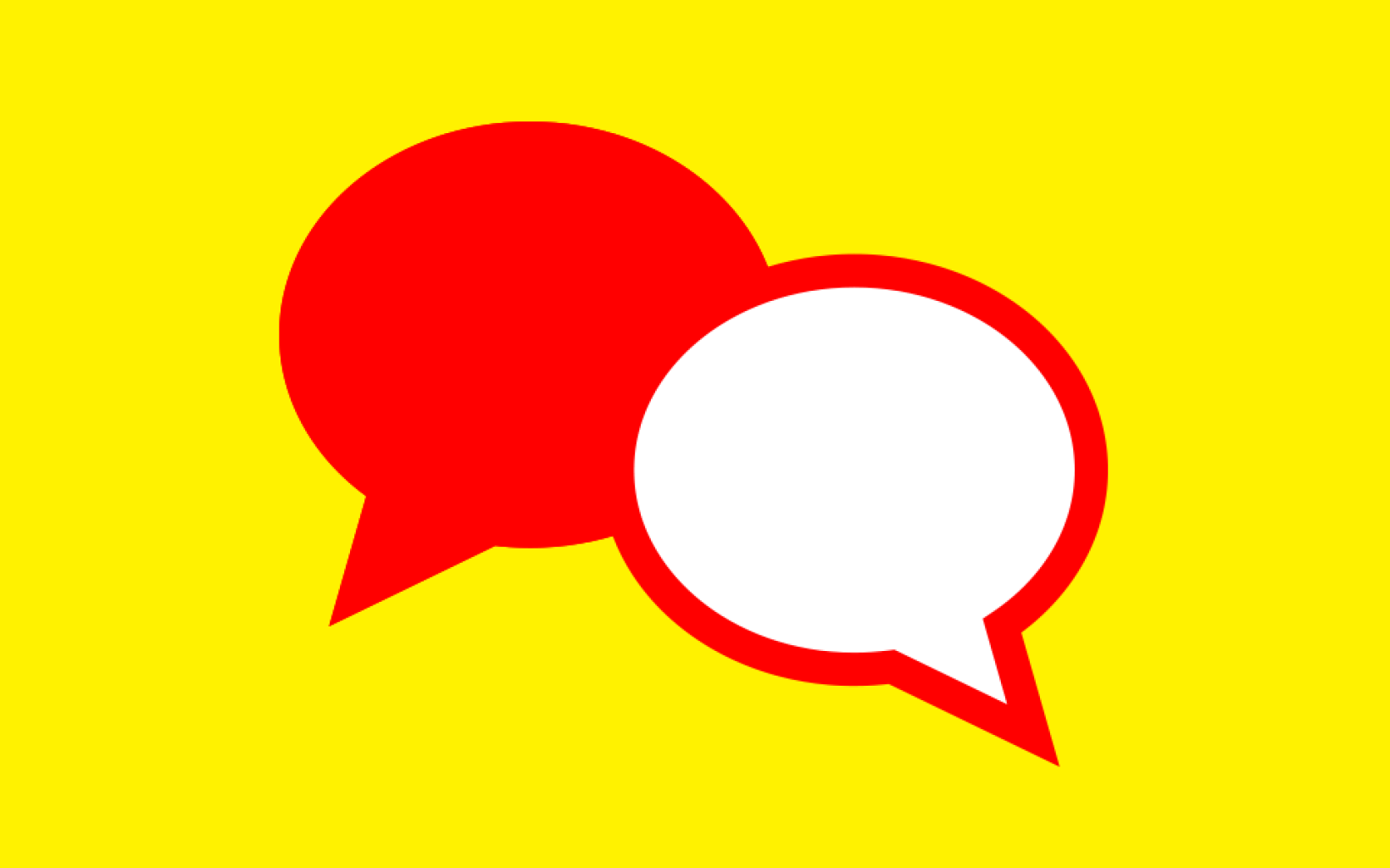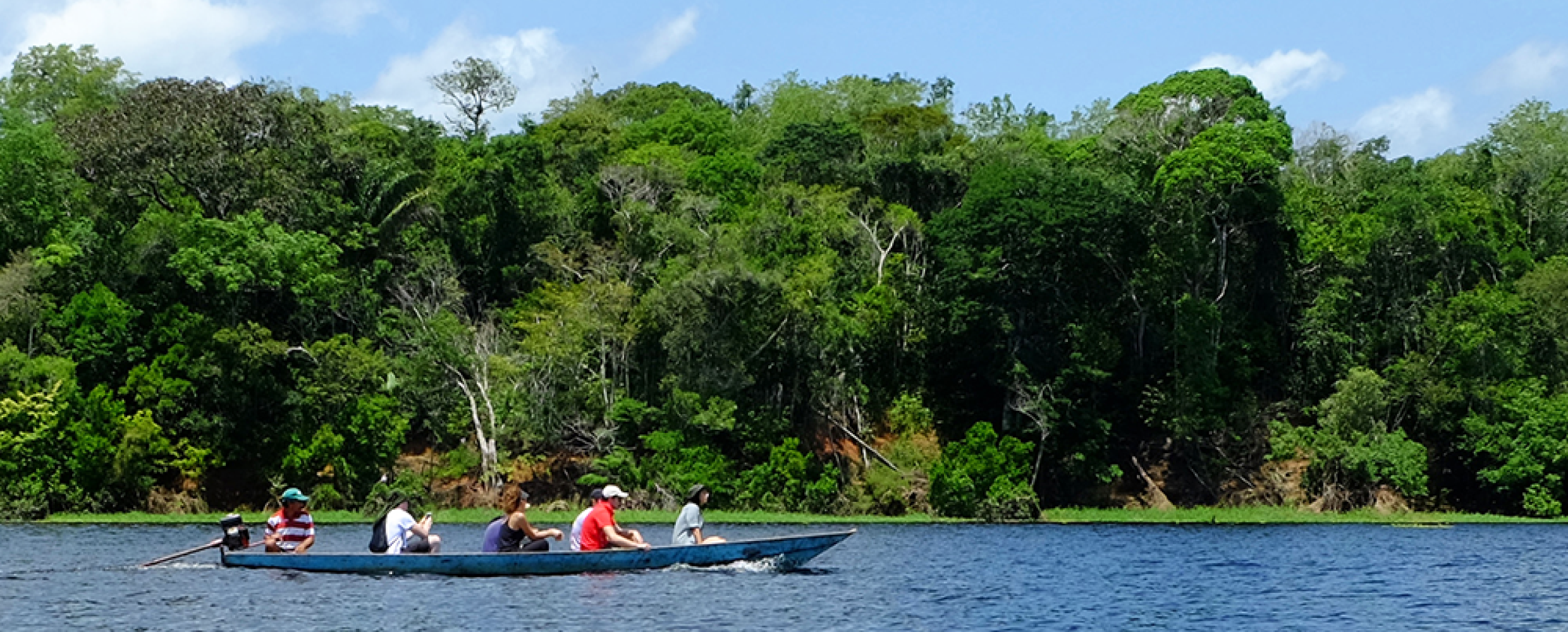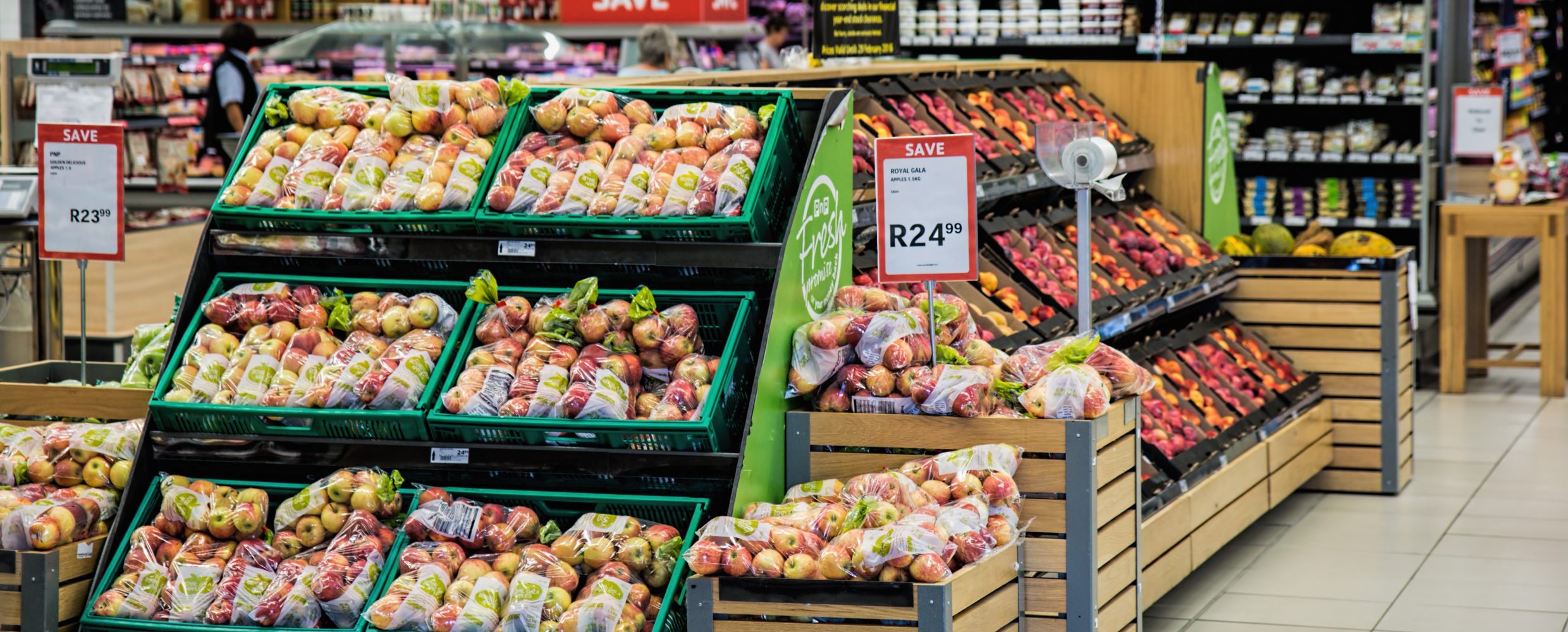WHAT IS THE CLIMATE ACTION CHALLENGE?
The Climate Action Challenge is a global design competition calling on designers and creative entrepreneurs to submit innovative solutions to combat the impacts of climate change.
> Learn more about the WDCD Climate Action Challenge
WHO IS BEHIND THE CHALLENGE?
The Climate Action Challenge is an initiative by Amsterdam-based design platform What Design Can Do, along with IKEA Foundation and Autodesk Foundation.
> Learn more about Our Partners
WHAT IS THE TIMELINE & THE KEY MILESTONES OF THE CHALLENGE?
The Climate Action Challenge runs from May 2017 to May 2018.
Tuesday 23 May: Launch open call at WDCD Live Amsterdam
Sun 24 Sept: 12:00 CET Deadline Open Call (extended from 21 August)
Mon 25 Sept: Start online selection for shortlist
Mon 9 Oct: Live session to establish shortlist
Sat 21 Oct: Shortlist announced
Sat 21 Oct – Sat 28 Oct: Shortlisted projects are exhibited at Dutch Design Week
Tu 7 Nov: Start online judging winners
Wed 23 Nov: Presentation winners at WDCD Live São Paulo
Mon 15 – Fri 19 Jan: Accelerator Bootcamp for winners
> Learn more about the Challenge Process
HOW ARE PARTICIPANTS BRIEFED?
Considering the enormous complexity of climate change, this challenge allows participants to choose their own design brief with the help of a so-called ‘briefing generator’. This online tool helps participant decide how they want to tackle a problem (by selecting a design strategy), then what they want to tackle (by selecting a topic), and finally where they want to implement their solution (by selecting a specific location). Participants may also submit proposals that apply to different topics and strategies at the same time.
> Learn more about the Briefing Generator
WHAT CAN YOU WIN?
There are three separate tracks and awards for students, creative professionals and start-ups. The winners, selected and valued by an international jury, share an award package worth €900.000 which includes a production budget and a tailor-made acceleration programme aimed at making the winning ideas, prototypes or startups investment ready.
> Learn more about the awards
HOW TO ENTER?
All proposals should be entered via challenge platform: challenge.whatdesigncando.org You must register an account before you submit a proposal. Entrants who don’t wish to share their ideas publicly (for competitive reasons) can indicate so on entry form. Specific requirements for students, professionals and start-ups can be found on the entry form.
> Learn more about how to submit a project
WHAT RESOURCES ARE AVAILABLE TO PARTICIPANTS?
Together with our research partners STBY, we have compiled a Starter Kit to help all challenge participants get started. More research documents, relevant articles and inspiring links can be found in our Downloads section or on the Climate Action Blog.
> Learn more about your resources
WHAT HAPPENS TO YOUR IDEAS?
- As an entrant, you retain full ownership of your idea
- Should you choose to share your proposal on the online platform, you give WDCD and its partners the right to publish your idea on all possible media channels throughout the challenge.
- Should you choose to make your proposal available exclusively to the jury, and you are amongst the finalists (the shortlist), we will ask your permission for publication to the press.
- Should a potential implementation partner or investor express an interest in developing or supporting your idea (even if you are not among the finalists), you are free to decide how to share your intellectual property. If so desired, we can assist and advise you.
> Learn more about our Terms & Conditions
Questions from the community
Q: Can submit an idea I already have?
A: Of course! Great that you have already been working on an idea. Hopefully that means that you have already done your research and have been refining it. We designed the briefing generator so that any idea that tackles the consequences of climate change can answer at least one of the briefs. Have a look at the briefs and see where your idea would best fit. > Read more
Q: My idea covers more than one brief, which should I apply to?
A: We recognise that there’s a lot of overlap between both topics and strategies. Try out the briefing generator with both strategies and see which brief speaks to you more. Go with that one, but it doesn’t matter if your final idea covers more than one brief. You’ll also be able to indicate multiple topics and strategies in the project submission form. > Read more
Q: I want to focus on on reducing greenhouse gas emissions, not climate change adaptation. Can I still apply?
A: It’s very important to reduce carbon emissions, so it’s great if your idea provides a way to do that. But this challenge is focussing on adaptation because the consequences of climate change are already here, are already affecting us, and are likely to get much worse before we even see the benefits of cutting carbon. Your idea needs to address those consequences. Maybe there’s a way that your idea can tackle both the consequences and causes of climate change at the same time. > Read more
Q: I’m already working on a project with some partners, and we’ve started implementing it. Can I still enter the Challenge?
A: Yes! If your idea or solution is already being implemented, then you can still enter, on one condition: your reason for entering must be that you want to scale up. This means that the acceleration programme and grant money would be put to good use. > Read more
Q: I’ve chosen to work on the FOOD x SERVICES brief. It says to focus on the ‘poorest people’, but I live in Europe. Can’t I design a service to avoid food waste instead?
A: No matter where you live, climate change will affect the poorest people in every country and region. Poverty and a low income is correlated to a poorer diet and a higher chance of nutritional deficiencies and related health problems — even without climate change. Take another look at how the poorest people in your region are affected by food availability and affordability and see how you can tackle that problem. If you really want to look at food waste, see how preventing food waste can help the most vulnerable people in your society.
In any case, don’t try to design something for a region that you’re not familiar with just because you think that would fit the brief better. The briefs are made to be universal so they can be applied to anywhere — you just need to do your research to explore how to make the most impact. > Read more


